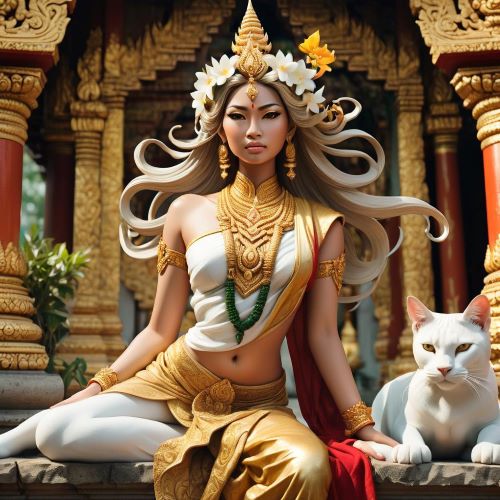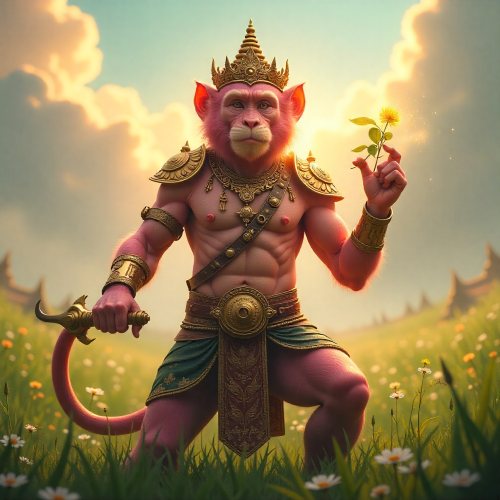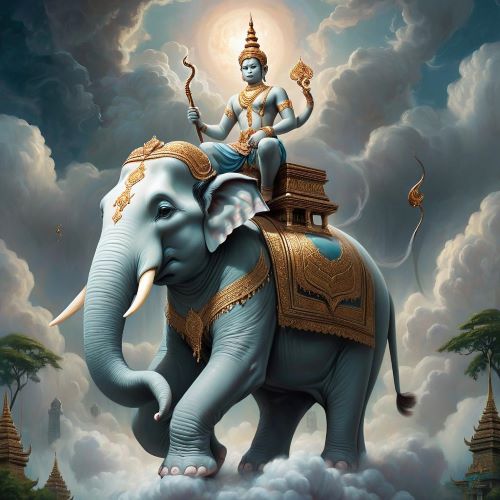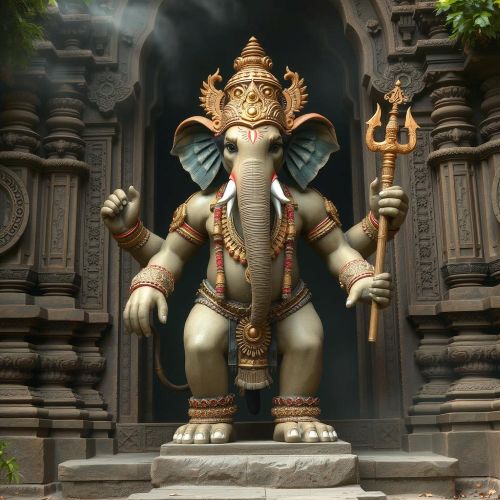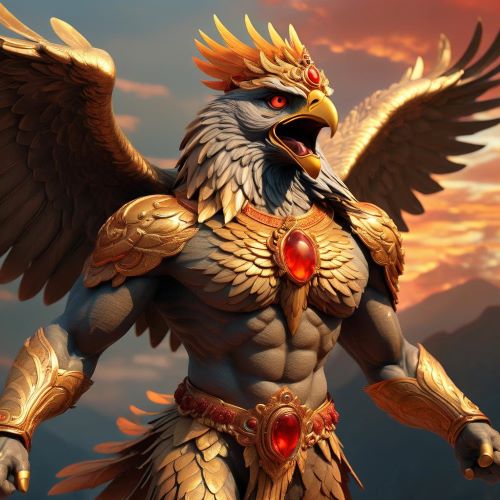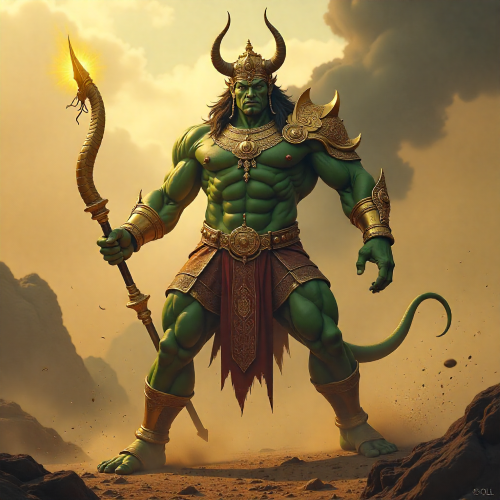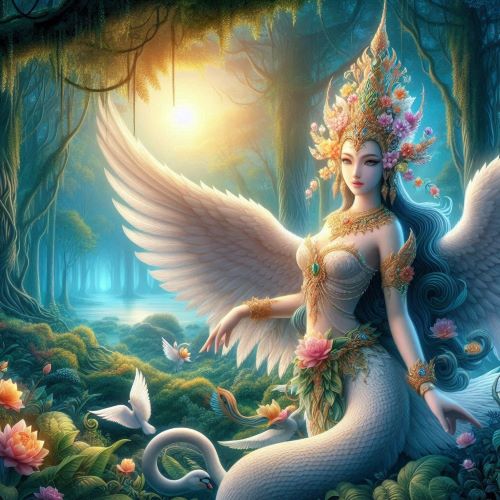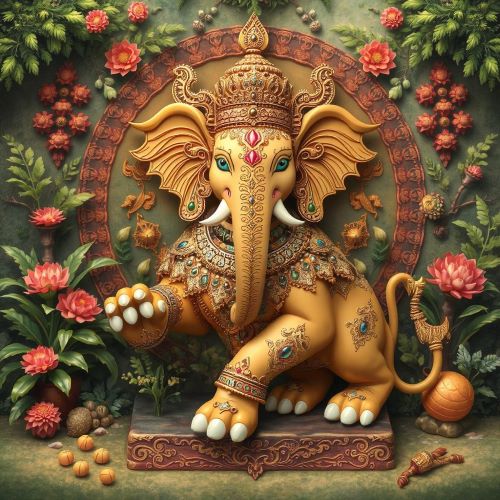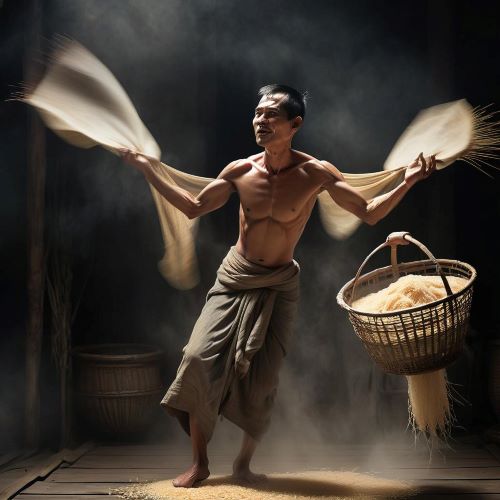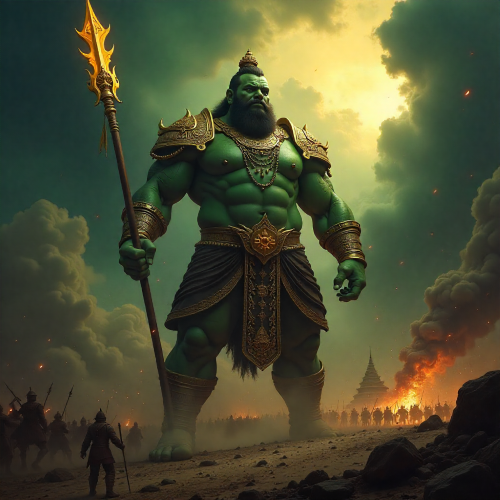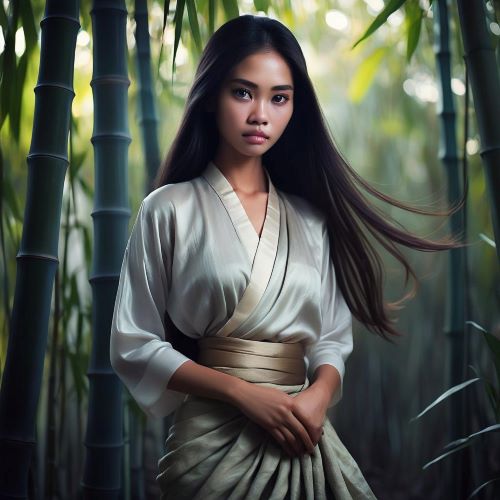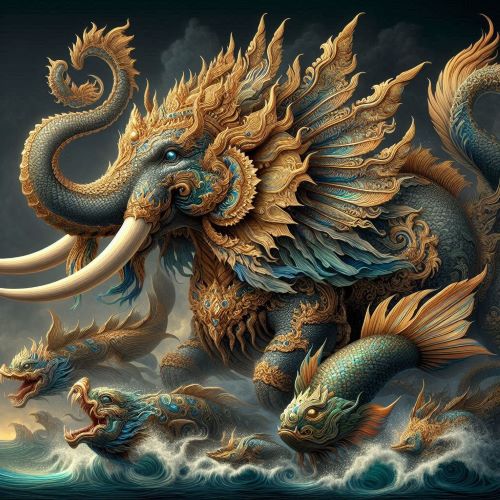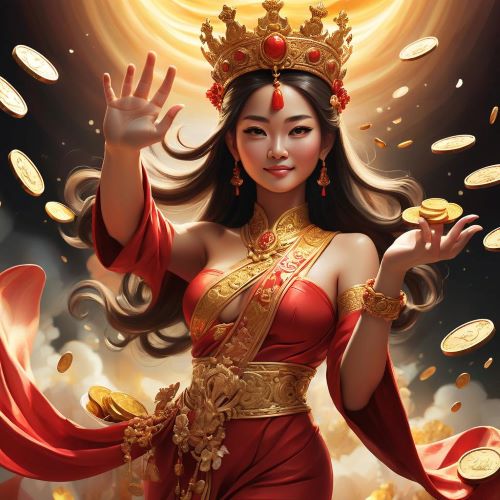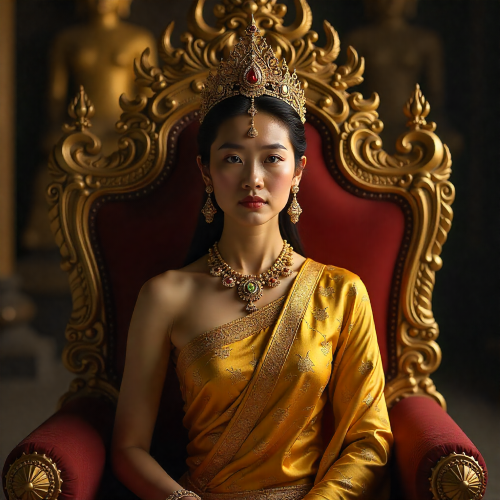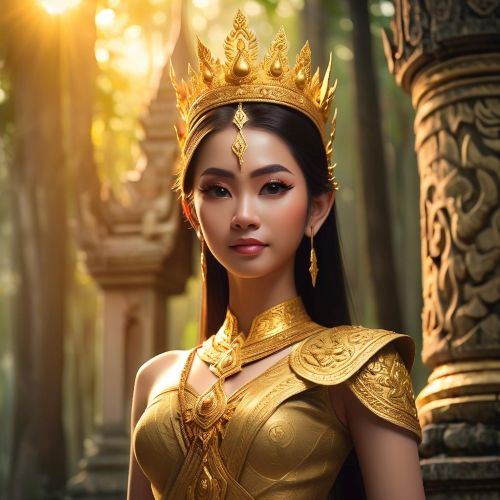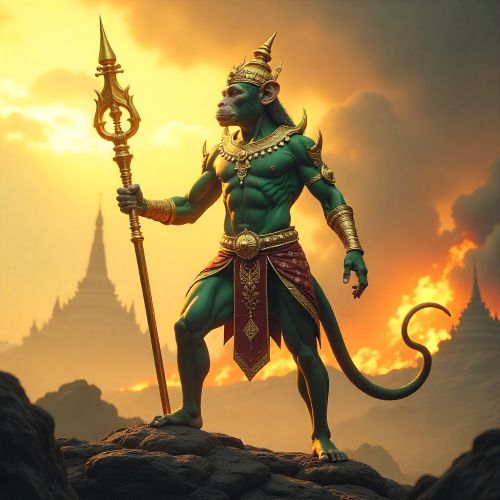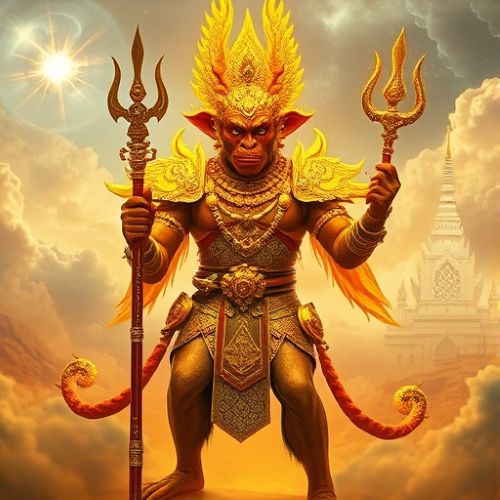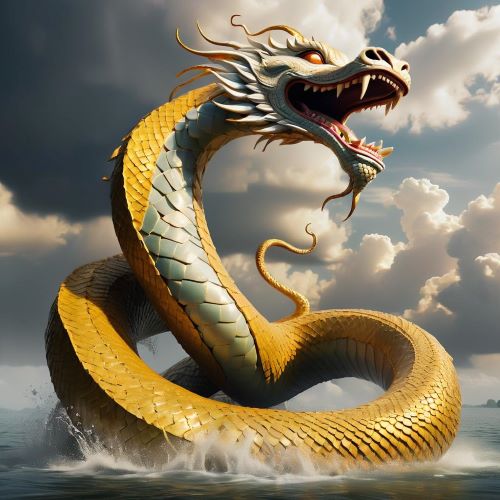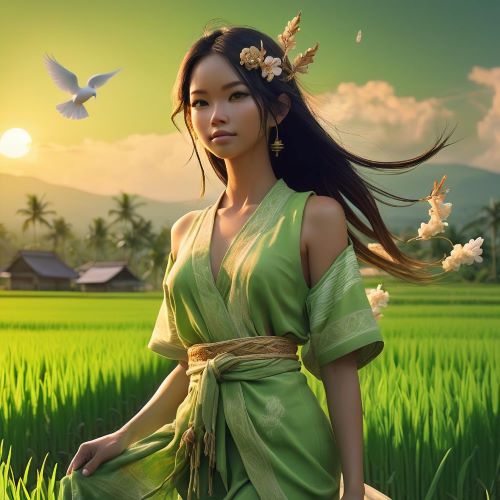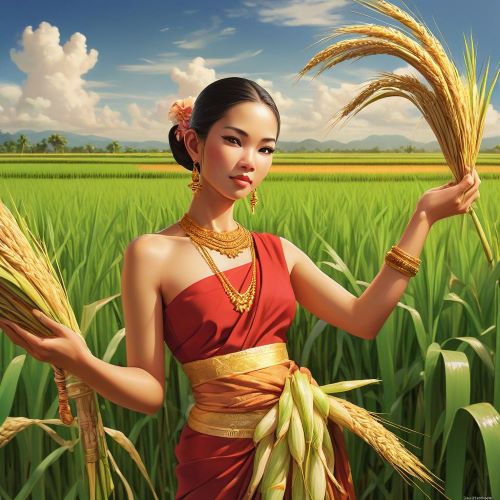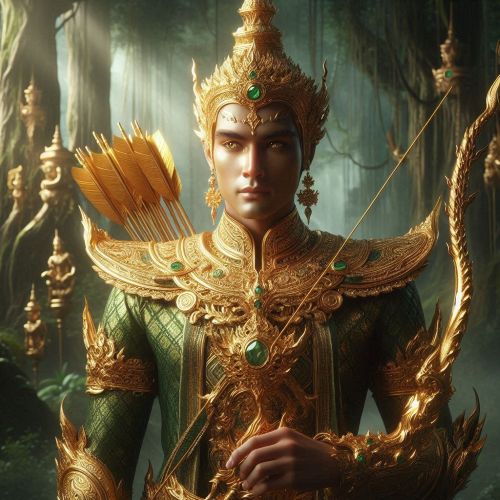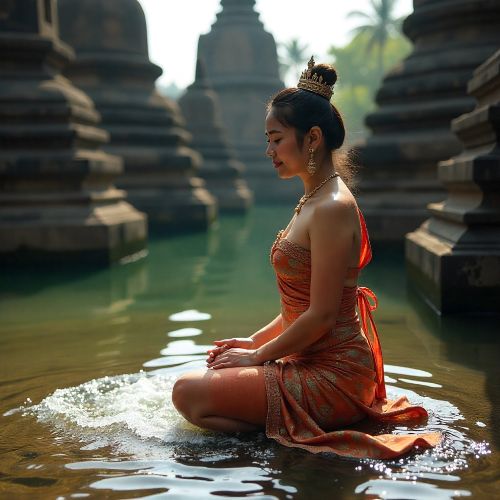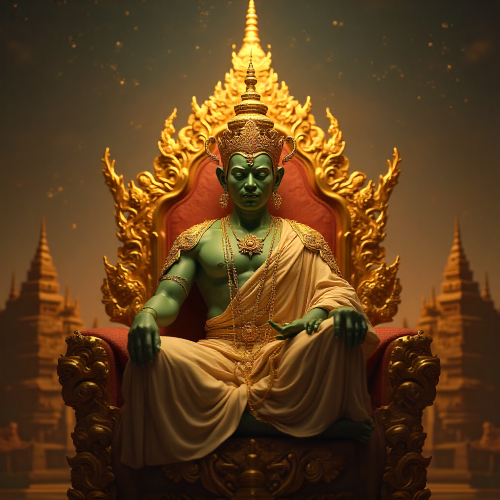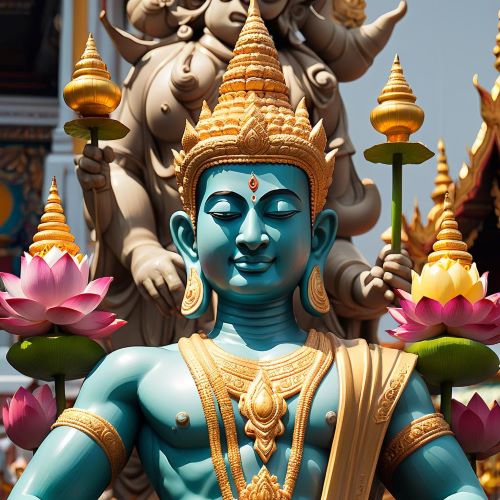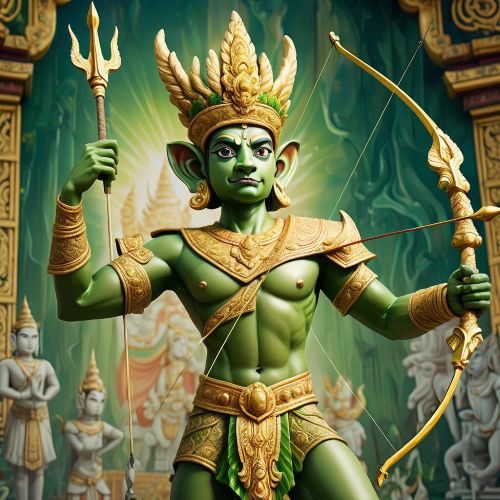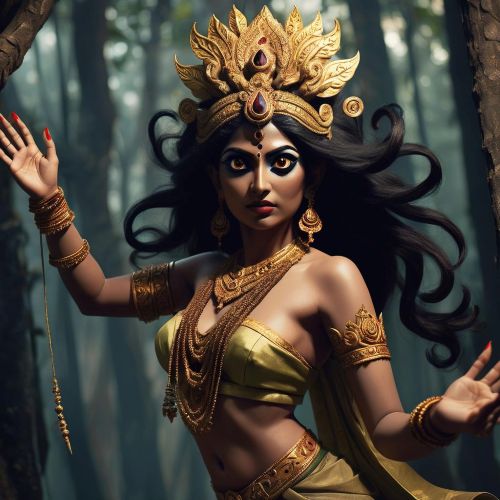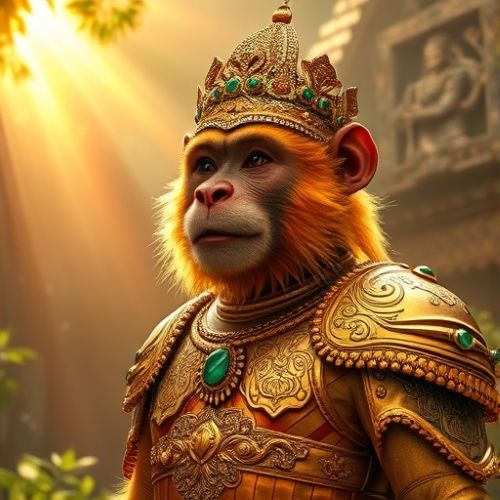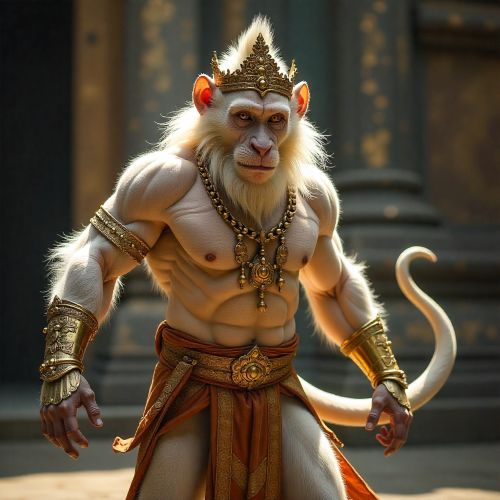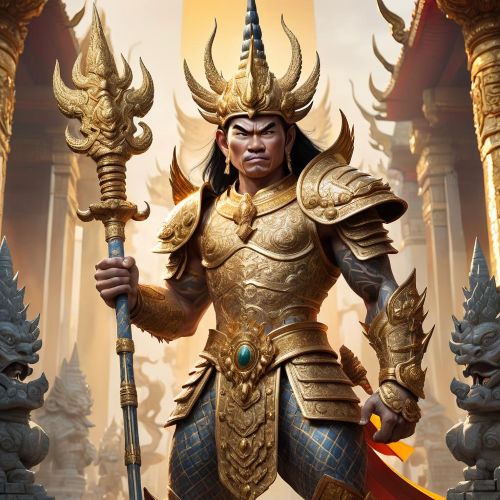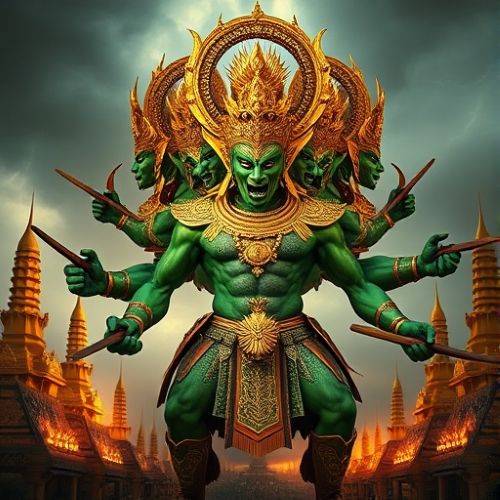Thai Mythology
Thai mythology is a fascinating blend of spiritual beliefs, ancient legends, and cultural influences that continue to shape Thailand’s national identity. Rooted in indigenous animism and later influenced by Hinduism and Buddhism, these stories bring together gods, mythical creatures, celestial guardians, and heroic kings who protect the balance of the universe. Thai mythology remains alive through temple art, royal ceremonies, festivals, and traditional performances that celebrate the unseen world alongside everyday life.
One of the most iconic elements of Thai mythology is the Naga, a serpent deity believed to guard rivers, lakes, and spiritual gateways. The Naga’s presence is seen throughout the country, especially along the Mekong River and at sacred Buddhist temples. These serpent guardians represent protection, power, and prosperity, connecting the natural world with divine realms.
Thailand’s mythological stories also feature giants known as Yaksha or Yak, powerful beings who once challenged the gods. While often depicted as fearsome guardians with fangs and towering bodies, these figures protect sacred places from evil forces. The giant statues at Bangkok’s Wat Arun and Suvarnabhumi Airport are famous examples of how these myths remain part of modern Thailand.
Hindu mythology contributes widely recognized deities to Thai belief systems. The god Phra Narai (Vishnu) is honored as a protector of the kingdom, while Phra Ram (Rama) is the heroic figure at the heart of the Thai national epic, the Ramakien. Adapted from the ancient Indian Ramayana, the Ramakien is expressed in dance, mural paintings, and traditional puppetry, preserving the virtues of loyalty, courage, and righteousness.
Buddhist cosmology plays an equally significant role in Thai spirituality. Stories of celestial beings, enlightened kings, and powerful relics reinforce teachings that guide morality and community practices. At the same time, nature spirits called phi are widely respected across Thailand, with local rituals honoring guardians of homes, fields, and forests.
Even in modern times, Thai mythology remains deeply connected to daily life. Festivals such as Loy Krathong and Songkran reflect ancient myths of water spirits, purification, and renewal. Through these celebrations, myths continue to inspire national pride and cultural unity.
Thai mythology stands as a timeless bridge between past and present, offering a vivid picture of Thailand’s spiritual landscape — a place where gods walk among mortals and every temple tells a story.


